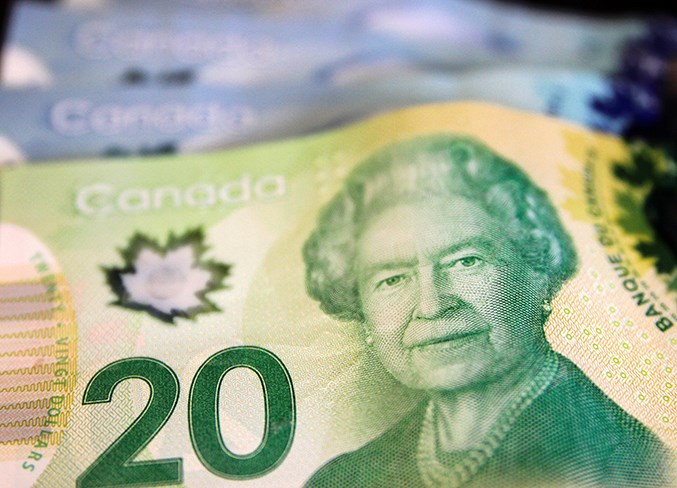Nearly half of Albertans are $200 or less away from financial insolvency at the end of each month.
That is the highest rate in the country, according to the latest Consumer Debt Index report by MNP. Thirty per cent of Albertans say they are already insolvent, and 38 per cent report living paycheck to paycheck.
"Life has gotten much more expensive," said Stacy Yanchuk Oleksy, chief executive officer of Money Mentors, a non-profit credit counselling and financial education agency. "Housing has gotten more expensive, costs like groceries or costs of gas, even in Alberta, it's still gone up, and so I think a lot of Albertans are stretched to the edge of their budget.
She explained that many people also have debts from credit cards, loans, lines of credit and even payday loans, which weigh them down.
"So when you've maxed all that out, and you know, there's not enough money coming in, and your expenses are higher, you know, that's where, that's where you're $200 away from a crisis."
Dante Esposito, an associate consultant at MacDonald and Associates in St. Albert, explained that more people are getting comfortable with debt.
"Our culture in America as a whole, as of lately, has been to be very comfortable with debt," he said, explaining that more people are using financing options where you can pay after for small things such as dinner or concert tickets, and pay off the expense in six months.
"It's causing them to feel like they can afford stuff that they really can't."
He said the problem isn't always about income levels, but about changing habits and taking time to plan.
"People often think they can mastermind their way out of it," Esposito said. "But what it really comes down to is understanding that their spending habits need to change. That usually means changing their lifestyle entirely."
Esposito said even small, consistent steps can make a big difference over time.
"It doesn't take someone making six figures to become wealthy," he said. "It just takes diligence, patience and consistency. Even putting $100 away a month. I mean, fast forward for young people, 50 years or 45 years till they're retired, $100 a month can turn into over a million dollars."
For many Albertans, taking that first step means becoming more aware of where their money is going.
Riley Klassen, a financial advisor at Raymond James in St. Albert, said he encourages clients to track their daily spending for three months.
"Write down what you spent money on every day and keep a log of that, keep a record of that, and do it for three months," he said. Then go through it and categorize it into wants versus needs, and just, you know, try your best in whatever way that that can be to decide, okay, is this something I want to continue."
Klassen said the key is to spend less than you make and build an emergency fund to avoid being thrown off by an unexpected expense.
"If someone's in a situation where their income needs, like, their lifestyle, expenses are greater than their income, they need to change their lifestyle," Klassen said.
The report said that 24 per cent of people are putting off important life goals such as buying a house or starting a family.
Yanchuk Oleksy said people putting off these moments show they are stressed about money.
"People are putting off big life decisions. They're probably putting off vacations, buying homes," she said. "And if you're not certain about your job, or you know, how you're going to pay bills, then we'll hold back on things."
She added that shame prevents many from reaching out for help.
"In Canada, we don't talk about money, and so it kind of goes underground," said Yanchuk Oleksy. "People get really ashamed about it and forget to ask for help."
She explained that when people reach this point and cannot find an answer on their own, the best solution is to ask for help.
"What we encourage people to do is take a big, deep breath, you know, get rid of the shame, and then just ask for help," she said.



